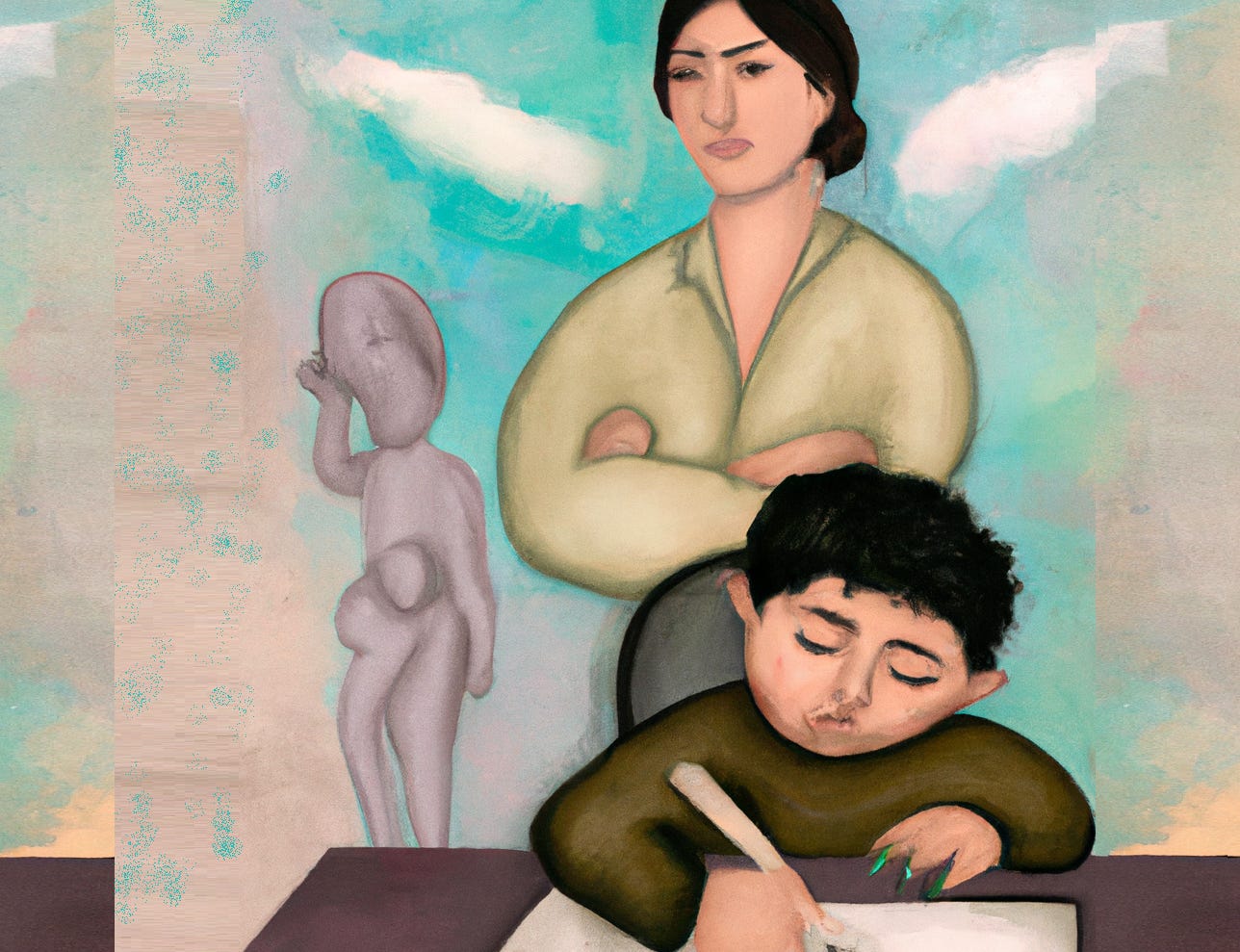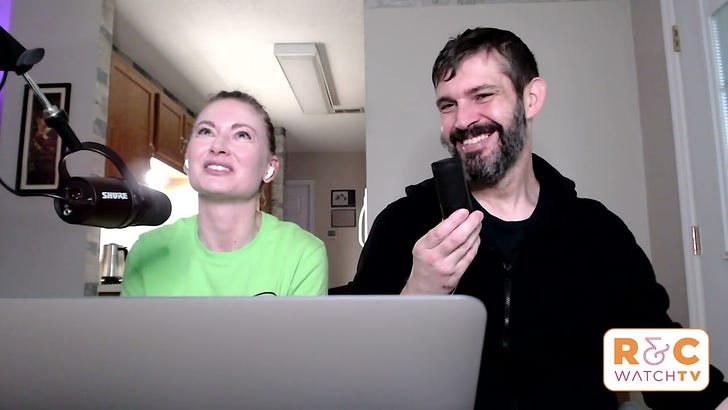Watch me read this:
Listening to Alice Evans’ podcast, I discovered a book based on a paper that seems to support my earlier contention that parents stress achievement to the extent that they’re afraid their progeny will end up poor.
That is, the kind of intensive, authoritarian parenting that causes teen anxiety, depression, and loneliness stems from macroeconomic incentives. Once again, a materialist understanding of history rules everything around me (AMUHREARM).
“In countries with increasing economic inequality, such as the United States, parents push harder to ensure their children have a path to security and success,” the authors write.
While inequality may correlate with economic precarity, the two are not the same. Precarity, as I further defined/described it in a follow-up post, is much more difficult to measure.
One thing that’s easier to measure, and is relevant to the discussion, is social/economic/class mobility. So this is just, what percentage of people will experience a change in socioeconomic status over the course of their lives? Low mobility means the rich stay rich and the poor stay poor. High mobility means it’s much more likely you’ll start rich or poor and end up in the opposite position. Maybe multiple times.
Class mobility also isn’t the same as inequality or precarity. But, you can’t have precarity without mobility. If you’re not going to become significantly richer or poorer, there’s no ledge from which anyone can fall.
I think this matters for the same reason I initially called out forever fave Derek Thompson for correctly identifying that intensive parenting is stressing kids out but not explaining why parents were acting like that.
Mayhaps I give them too much credit, but I kind of doubt many parents force their kids into hours of tutoring and extracurriculars and then wonder why they’re so tired and stressed. Yelling at parents to ease up isn’t going to work as long as they’re more afraid of their kids ending up poor than they are of them missing some sleep.
More essentially, parents’ behavior likely won’t change until they feel confident that they should fear their kids’ losing sleep more than they fear downward economic mobility.
Parents will continue driving their kids to self-harm as long as they’re terrified of their kids ending up poor. There are three ways to fix this.
1. Decrease economic mobility. Economic mobility is low and has been in decline for decades in the US while intensive parenting has increased. So that seems like it won’t work and even if it did it has lots of downsides outside of parenting.
2. Make downward economic mobility less terrifying. It’s not like Sweden is bereft of poor people, to use an example of chillaxed parenting from the book. They’ve just created a country in which a poor person is way less likely to lose their income after getting raped in jail due to an unpaid parking ticket or declare bankruptcy after major surgery.
This is why I support Neoliberalism. A functional social safety net makes downward economic mobility… not ideal, obviously, but tolerable. It also helps make the next solution possible.
3. Ensure everyone gets richer. If most Americans could expect their kids would enjoy a higher standard of living than they did regardless of their parenting choices then obviously they’d parent with a lot more chill. And indeed when most Americans held that expectation, they parented a lot less intensely and their kids were a lot less stressed out.
This is why I’m excited about the Abundance Agenda (see
, , others). "Economic growth" has gotten a bad reputation since the Great Divergence. And it's pretty deserved imo. Abundance, on the other hand, indicates a situation in which everyone has more than enough of what they want and need.There’s just no way to fully fix parenting without abundance. Abundance makes the social safety net easier to pay for. First, fewer people need it under abundance. Second, abundance makes it easier to pay for a safety net for the people who do need it.
Sex and the State is a newsletter at the intersection of policy and people. Like it? Upgrade to a paid subscription, buy a guide, follow me on Twitter, support me on Patreon, or just share this post 🙏
~~~~~
This ⬇️ is an affiliate link! Sign up today to support me!
Join the reading revolution! Get key ideas from bestselling non-fiction books, distilled by experts into bitesize text and audio. Explore our vast library of over 5,500 titles and stay up-to-date with 40 new titles added each month.
















Share this post